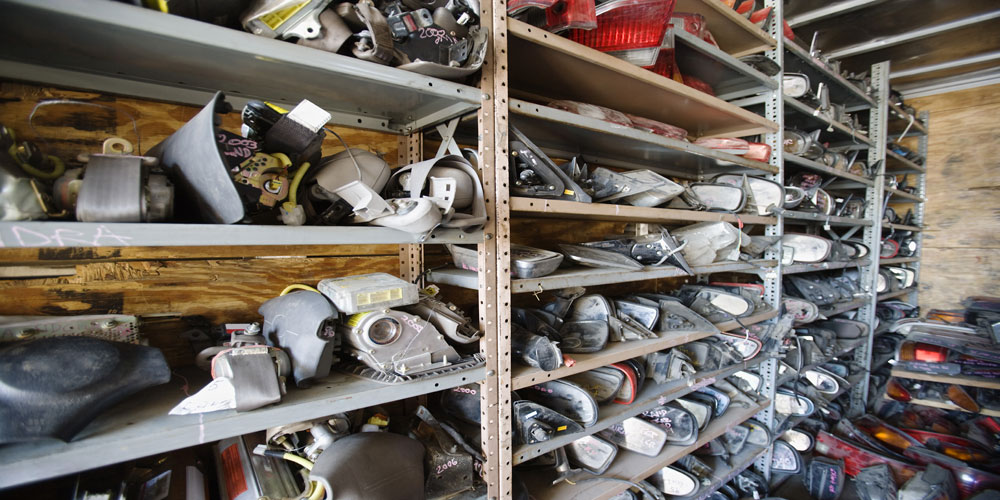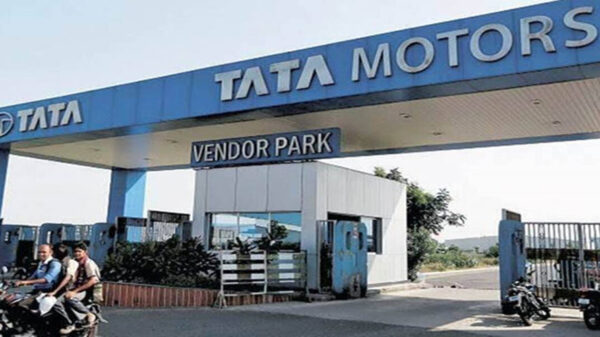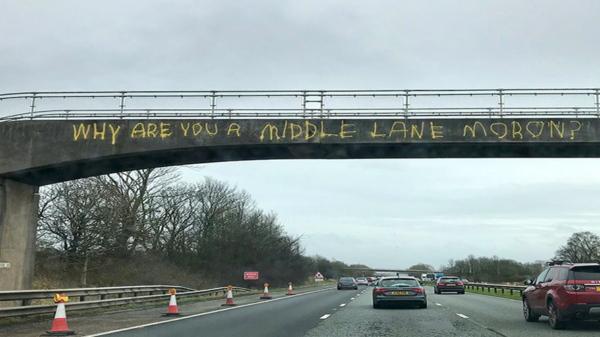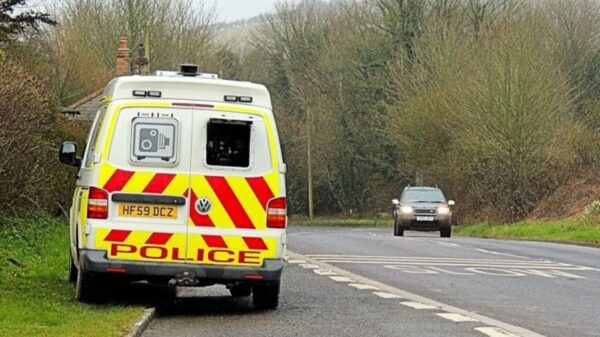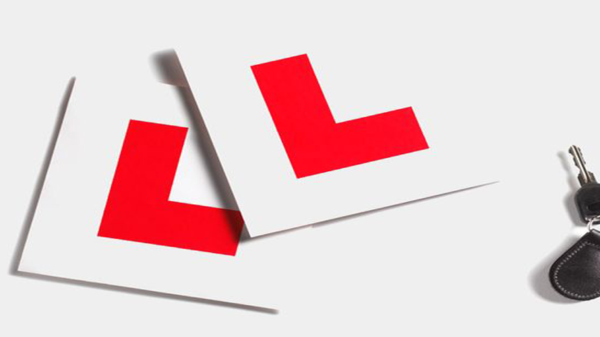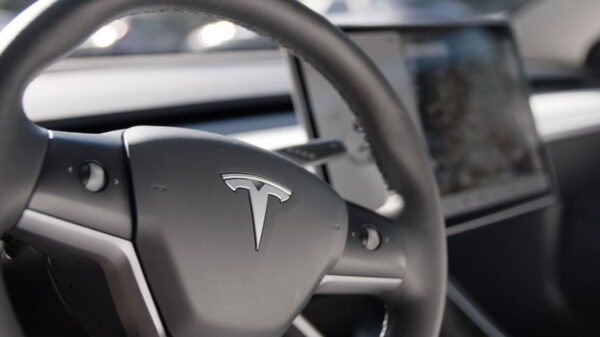Councils to get Powers to Fine Drivers for Traffic Offences.
Motorists will face fines of up to £70 for traffic offences as all councils in England and Wales are set to be given new road enforcement powers from December, the Department for Transport (DfT) has confirmed. For the first time, local authorities outside of London and Cardiff will be able to dish out penalty notices for moving traffic offences such as stopping in a yellow box junction or making an illegal turn.
RAC spokesman Simon Williams acknowledged councils outside of the capital should have such powers but is “fearful” some authorities may use them to raise additional revenue.
Last year, an RAC freedom of information request revealed that authorities in London and Cardiff raked in £58.2m from drivers committing moving traffic offences in just one year (2018/2019).
Speaking at the Traffex industry event, transport minister Baroness Vere said: “Local authorities will need the tools to manage roads in the way that best serves local needs, which may vary in different parts of the country, and it is this ethos of localism that lies behind our decision to give more powers to local authorities under the Traffic Management Act.”
London and Cardiff are already permitted to enforce moving traffic offences but in the rest of the country, this responsibility currently lies with the police.
Baroness Vere added: “They [local authorities] will be expected to use these powers to improve connectivity, boost active travel, and increase air quality by reducing congestion.
“And to ensure this change is fair, we will publish guidance for local authorities, so they can make drivers aware that enforcement is being undertaken.”
The DfT said giving these new powers to councils across the country would “free up police resources”.
Around 300 councils in England, which can already enforce parking offences and driving in bus lanes, will be able to apply the additional powers from the end of 2021.
Simon Williams said: “It’s right that councils outside London have the ability to enforce known rule-breaking hotspots, but we’re fearful that some authorities may be over-enthusiastic in using their new powers for revenue-raising reasons, to the detriment of drivers.
“While the Government has pledged to give councils advice on how best to let drivers know enforcement is taking place, what’s really needed is clear guidance on making sure enforcement is always carried out fairly. Drivers who blatantly ignore signage or highway rules should expect penalties, but there are instances that are not always clear-cut.
“For example, large yellow box junctions can be particularly problematic to get across without stopping, often due to their design, so its important common sense is applied rather than instantly issuing penalties to drivers. The first thing councils should do is review the road layout at these junctions to make sure drivers can negotiate them at all times, but especially at busy periods.”





